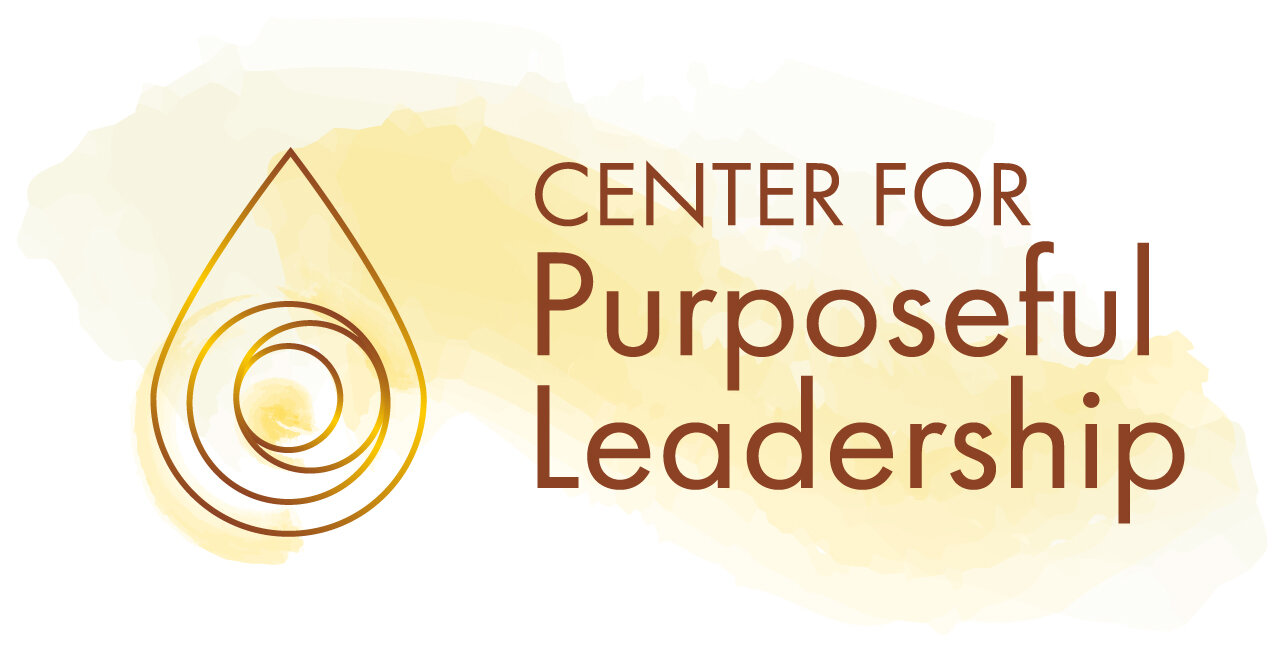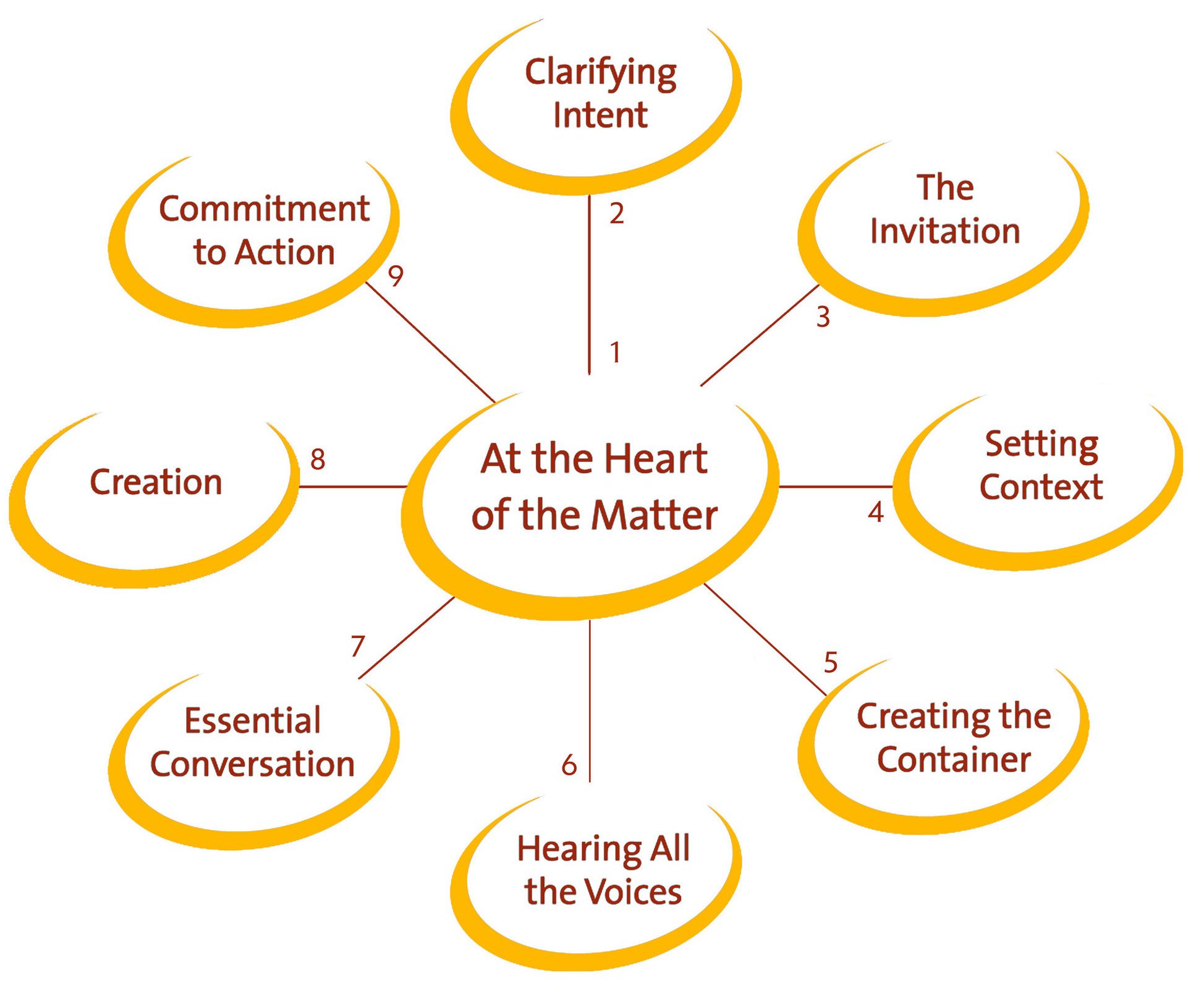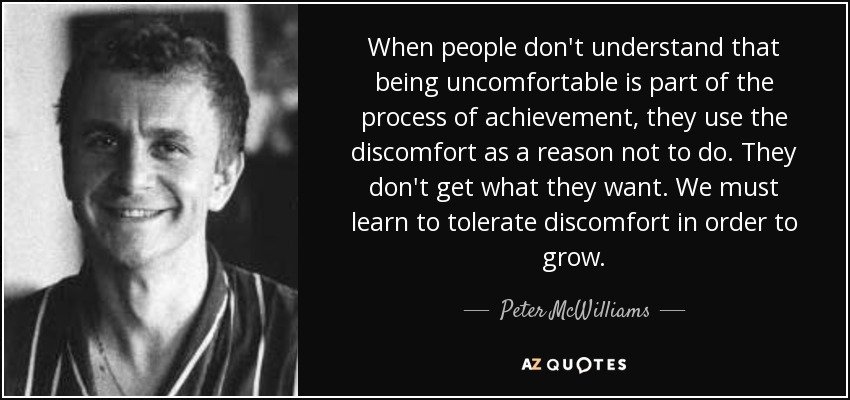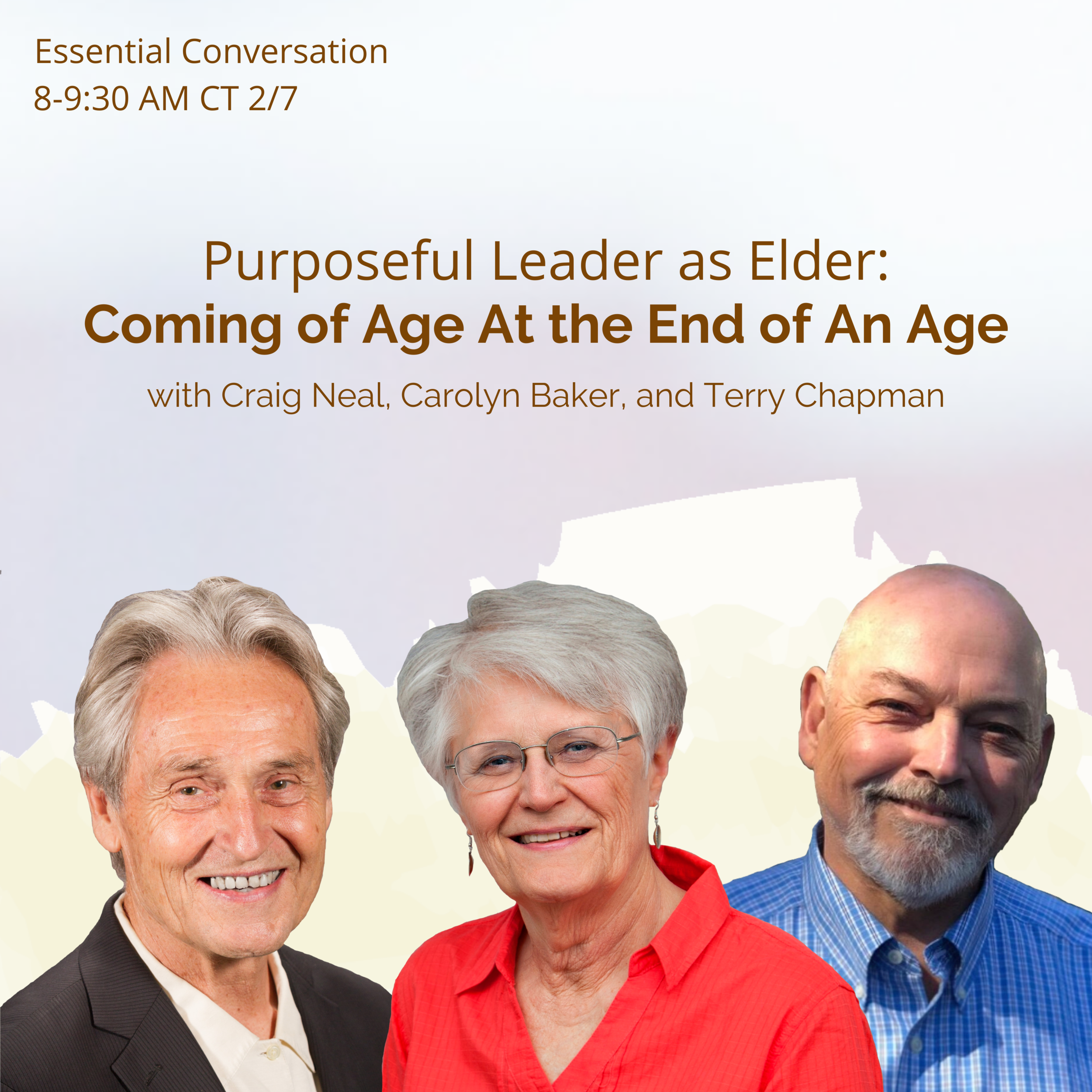Conversations are transforming our world!!!
/photo credit: craig neal
Sandy Heierbacher, Director of the National Coalition for Dialogue & Deliberation (NCDD), was our VisionHolder interview tonight.
NCDD brings together people and groups who actively practice, promote and study inclusive, high quality conversations.Our wide ranging conversation about the NCDD network (700 members) and her vision for it articulated the spectrum of dialogic and deliberative practice and how people can make informed decisions about which approaches to use in different circumstances.
I've been to 2 of the 3 NCDD conferences and have been struck by the variety and diversity of voices within the "movement". As conveners of essential conversations we are vitally interested in how people are bringing their voices to their communities and organizations. As an example of the maturation of this field they have identified 4 "streams of practice". read on......
D&D Streams of Practice
NCDD uses the term “streams of practice” to discern the various types of dialogue and deliberation programs and methods out there. Although there are more streams than just these four, these four streams outline the four main purposes practitioners, communities, public leaders and others use dialogue and deliberation.
Exploration
The “exploration” stream of D&D practice is used primarily to encourage people and groups to learn more about themselves, their community, or an issue, and to possibly discover innovative solutions. We consider Bohmian Dialogue, World Café, Conversation Café, Council process, and Open Space to be proven methods for exploration.
Conflict transformation
The “conflict transformation” stream of practice is focused on resolving conflicts, fostering personal healing and growth, and improving relations among groups. Sustained Dialogue, Victim-Offender Mediation, Public Conversations Project dialogues, and Web Lab’s Small Group Dialogue are effective methods for transforming conflict.
Decision-making
The “decision-making” stream of practice is focused on influencing decisions and policy, and improving public knowledge. Some of the methods that fall under this category are National Issues Forums, Citizens Juries, Deliberative Polling, 21st Century Town Meeting, Citizen Choicework, and Consensus Conference.
Collaborative action
The “collaborative action” stream is focused on empowering people and groups to solve complicated problems and take responsibility for the solution. Study Circles, Future Search, and Appreciative Inquiry are considered part of this stream.




![[Hearth] Voices from Ukraine: Part 2](https://images.squarespace-cdn.com/content/v1/58a4e3be9de4bb98b066fd6f/1647955546471-VUGA4FCGFEUYJ29TEQVA/sunforest-mix-sunflower-types-1586794598.jpeg)








